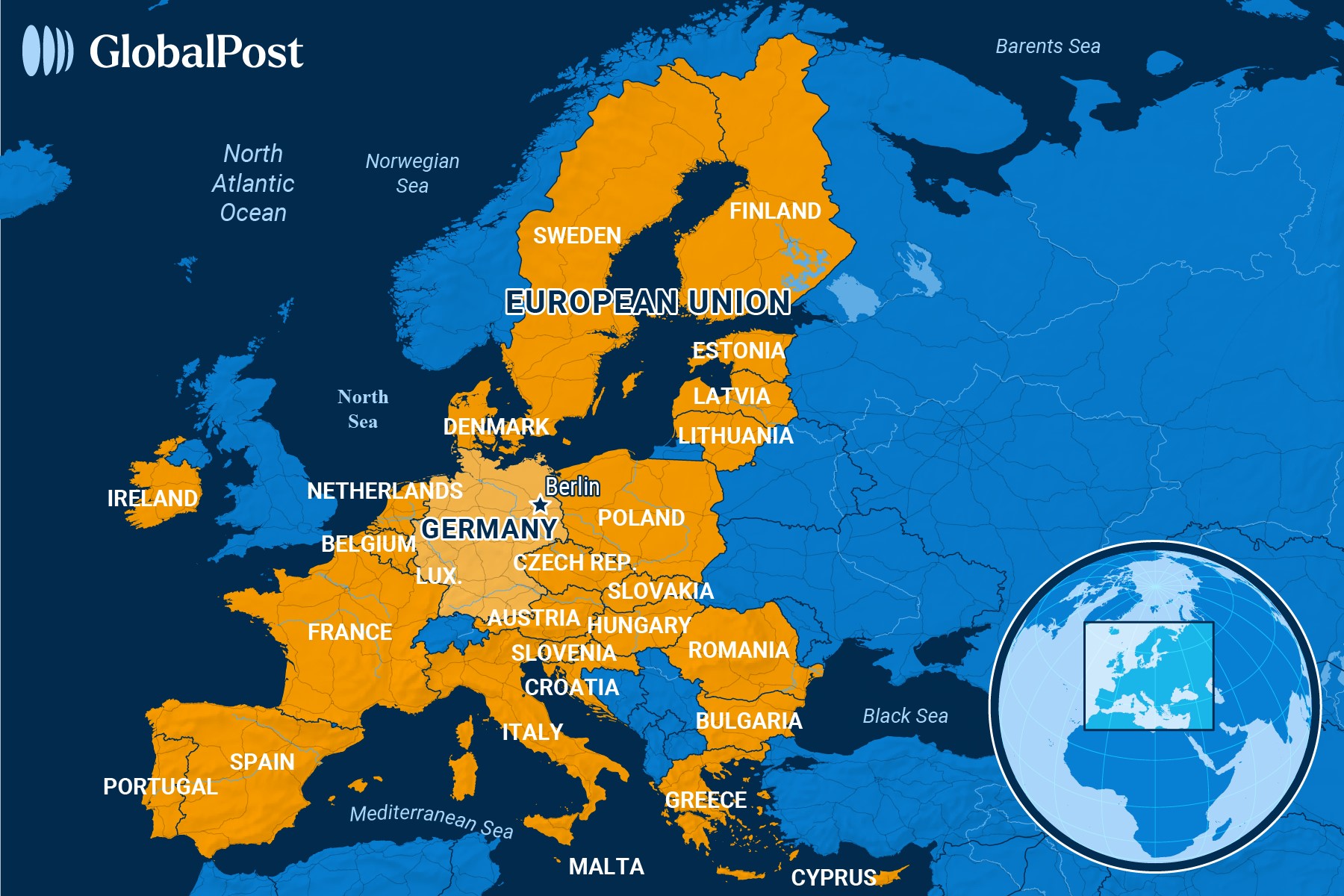Spending Spree: To Defend Europe, Germany Opens Its Wallet

US presidents have long berated the Germans for being so thrifty, complaining about their sluggish consumer spending and the trade deficits that ballooned as a result. Their fellow Europeans have occasionally begged Europe’s largest economy to relent on strict budget deficit and debt rules, especially during Europe’s sovereign debt crisis 15 years ago.
So it’s shocking to some that a country whose fiscal policies have resembled a penny-pinching “Schwabian housewife” has done such an about face: Over the past few months, it has amended its constitution to allow some deficit spending beyond 0.35 percent of its gross domestic product (GDP) and in late June, unveiled a budget to borrow 850 billion euros ($1.3 trillion) to fund a new infrastructure and defense program.
“These days the streets of Berlin run red with the blood of sacred cows,” wrote the Economist. “The world’s third-largest economy is jettisoning its hard-earned reputation as Europe’s champion of flinty austerity.”
The move to upend Germany’s “debt brake” came as NATO leaders met in the Netherlands in late June to discuss shoring up defenses against Russia in the wake of its invasion of Ukraine, and to meet US demands that Europe pay more for its defense.
It may be difficult for some European countries that already borrow up to the European Union’s limits to fund their expenses. It’s not for Germany, however. Famously a country of savers, it is actually in a very good position to splurge: Its debt is low compared with other European countries.
Meanwhile, the urgency is there. Europeans – and especially Germans – believe Russia will attack a NATO country within the next five years. Russia, they say, has already been for a decade a major source of destabilization for the EU in its attempt to “challenge the global order.”
“…turmoil is all around us: war rages, norms erode and old certainties are challenged,” wrote German Chancellor Friedrich Merz and French President Emmanuel Macron in a joint opinion piece recently in the Financial Times. “We cannot accept it, because our aim is to protect and preserve peace on our continent.”
As a result, Germany plans a 70-percent increase in military spending to 162 billion euros by 2029. This would bring core defense spending to about 3.5 percent of GDP over the next four years, from about 2.4 percent in 2025. As a result, the country will meet the new NATO targets to spend 3.5 percent of GDP on the military and 1.5 percent on infrastructure investments six years ahead of the deadline.
France and the UK have said they would meet those targets by 2030 and 2035, respectively.
As a result, Germany is forecast to increase its budget deficit to 82 billion euros this year, more than double what it was in 2024. It is projected to reach 126 billion euros by 2029.
The payoff, German leaders say, is that the spending and infrastructure improvements are likely to jumpstart its sluggish economy.
Why should we have a balanced budget, German Finance Minister Lars Klingbeil wondered, when bridges, schools, and train networks are decaying, the military is neglected, and the economy is stuttering because of a lack of investment.
“I believe that nothing is more expensive than the standstill of the past few years,” said Klingbeil in an interview with Die Zeit. “Unlike some of my predecessors, it’s of no special value for me if I keep the money and can’t spend it, and if I notice that nothing is moving forward in the country…something needs to change.”
The key question now is whether Germany can summon the political will to take on a greater and increasingly urgent leadership role in European security affairs, wrote World Politics Review.
Regardless, the new push to build up defense is a dramatic change for Europe but especially Germany, which has long grappled with their Nazi legacy. As a result, Germans and other Europeans have viewed a strong Germany, militarily, as a threat even as the military was not held in high esteem. It’s a change Germans are now slowly coming to accept and even welcome.
“I never used to hear, ‘Thank you for your service’ from others, but that’s starting to change,” Marco Mann, who was manning a recruitment booth at a recent Berlin job fair as he has for 18 years, told NPR. “People now are thanking us for our support of Ukraine, thanking us for being here – it’s a nice change.”

Subscribe today and GlobalPost will be in your inbox the next weekday morning
Join us today and pay only $46 for an annual subscription, or less than $4 a month for our unique insights into crucial developments on the world stage. It’s by far the best investment you can make to expand your knowledge of the world.
And you get a free two-week trial with no obligation to continue.
